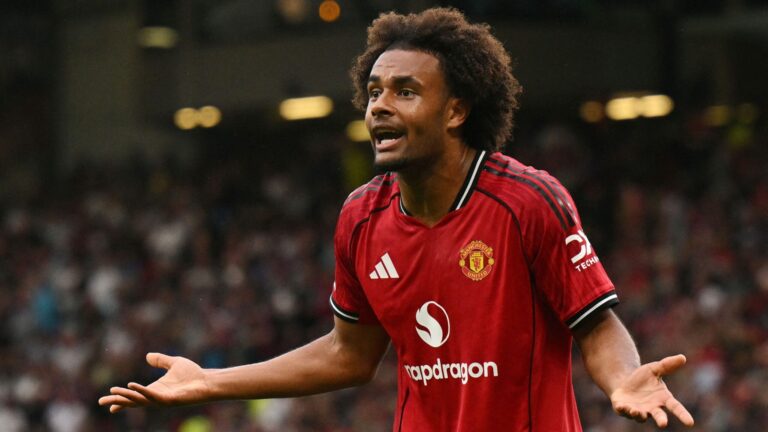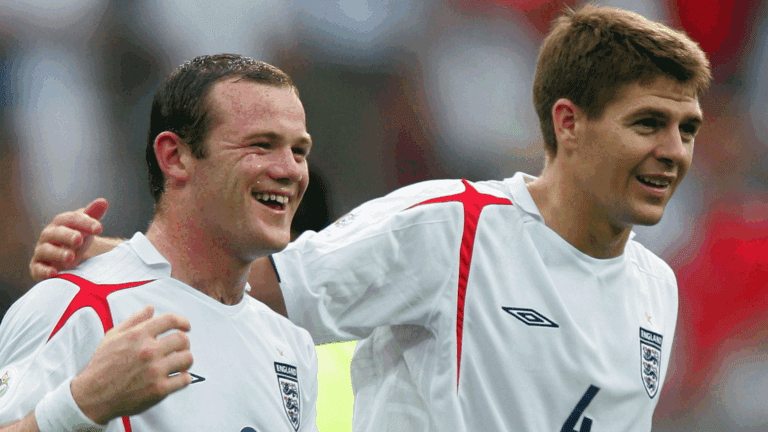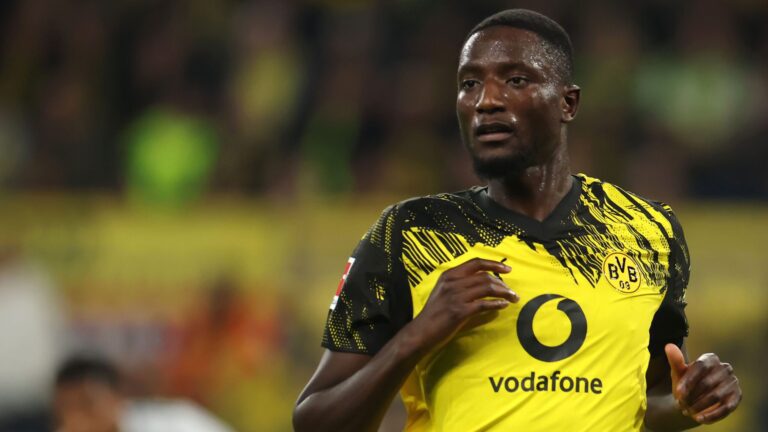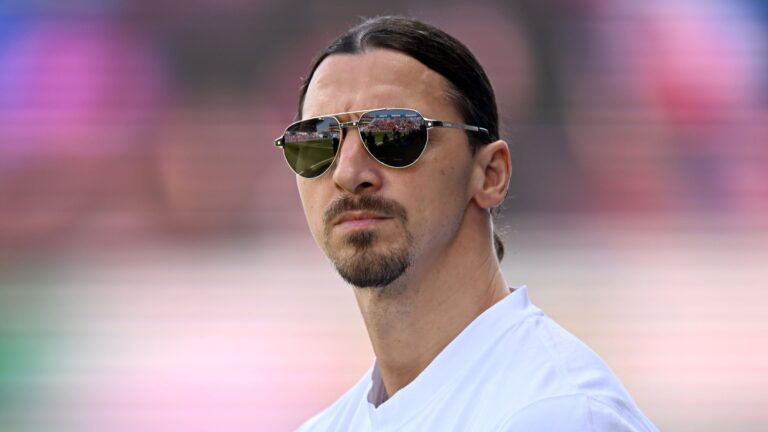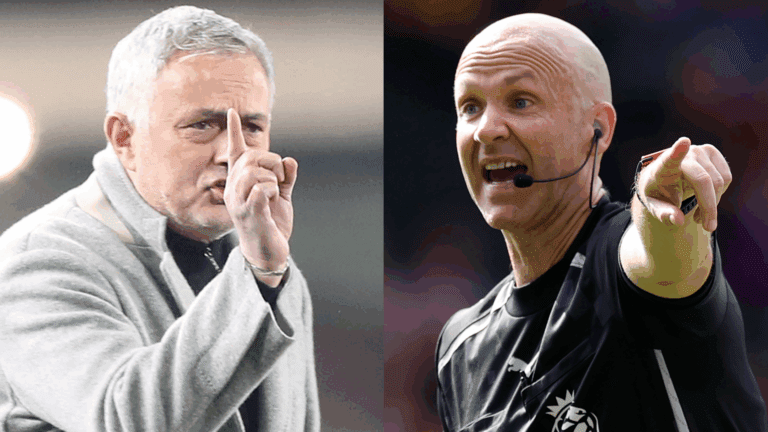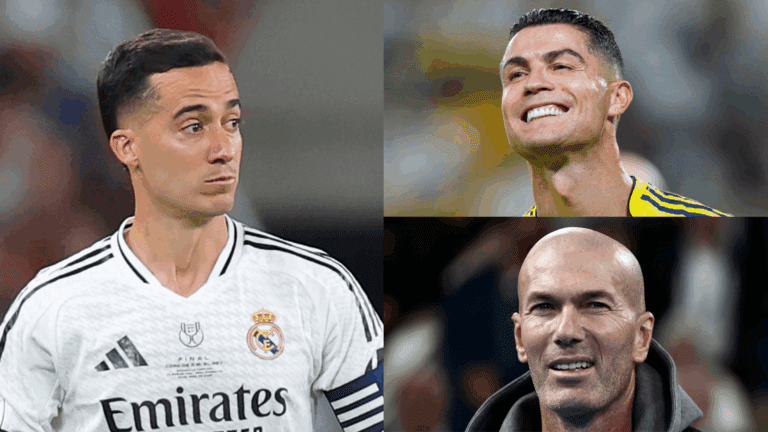Lionel Messi’s Road to the 2026 World Cup: Overcoming Fitness Hurdles with Argentina’s Support
The legendary forward Lionel Messi continues to captivate fans worldwide, with growing optimism about his participation in the 2026 World Cup. Despite ongoing discussions about his physical condition, insiders remain confident in his ability to shine for Argentina once more, drawing from his unparalleled career achievements and recent form in 2025.



Addressing Fitness Challenges and Workload Management
In recent matches for his MLS club Inter Miami, the Argentine icon has dealt with several minor injuries, leading to occasional absences from the lineup. Teams at both the club and international levels are meticulously monitoring his schedule to avoid overexertion, prioritizing long-term health over short-term gains. This careful approach has become even more crucial as Messi enters his later career stages, with 2025 statistics showing him maintaining a high level of performance despite these setbacks.
The Impact of Recent International Appearances
During his latest competitive fixture on home soil for Argentina in a World Cup qualifying match, Messi suggested that his days with the national team might be winding down. However, this has sparked conversations about his enduring legacy, especially as he approaches what could be his final major tournaments. Updated data from 2025 indicates that players like Messi are extending their careers longer than ever, with similar athletes in their late 30s still competing at elite levels.
Teammates’ Confidence in Messi’s World Cup Prospects
Those closest to Messi in the Argentina setup firmly believe he will play a pivotal role in their strategies for upcoming global events. For instance, Tottenham‘s defender Cristian Romero, a key national team colleague, envisions no obstacles preventing the star from pursuing another World Cup title. This optimism echoes broader sentiments in football, where icons often defy age-related doubts through sheer talent and determination.
Romero’s Insights on Messi’s Form and Legacy
When speaking to the media about his fellow player, Romero shared, “I can speak confidently about Leo; he’s in great shape and could absolutely compete. Ultimately, it’s up to him. Everyone loves playing alongside him and witnessing his skills. From my perspective, and for anyone who truly understands the game, he’s the greatest to ever grace the pitch.” These comments highlight Romero’s admiration, built on shared successes and camaraderie within the squad.
Looking Ahead to Shared Triumphs
“I cherish every moment with him in the locker room and on the field,” Romero added. “We’ve celebrated numerous victories together, and I’m certain he’ll be ready for the World Cup. Absolutely.” Yet, as the tournament draws nearer, the focus for Romero remains on his club duties, with months still to go before national team priorities intensify. In 2025, this balance between club and country has proven vital for athletes managing dual commitments.
Messi’s Storied Career and Future Choices
With over 200 caps for Argentina and more than 115 goals to his name-reflecting his prolific output as of mid-2025-Messi stands at a crossroads in his international journey. While he’s weighing options for his role with the national side, a potential contract renewal at Inter Miami looms large, offering new opportunities in domestic leagues. Experts suggest that such decisions could shape not only his legacy but also the future of football, as emerging talents look to follow in his footsteps.
Balancing Legacy and New Horizons
As Messi contemplates these paths, the football community watches eagerly, knowing his choices will influence Argentina’s ambitions in events like the 2026 World Cup. By incorporating modern training techniques and recovery methods popular in 2025, he might extend his career further, providing inspiration for the next generation of players facing similar challenges.
Why Messi’s Participation Matters
Ultimately, the potential for Messi to compete in 2026 underscores the blend of skill, resilience, and strategic planning in professional sports. His story serves as a powerful example, showing how even the most accomplished athletes can adapt and thrive amid evolving demands.
Background on Cristian Romero’s Statement
Cristian Romero, the stalwart defender for Tottenham Hotspur and a key player in the Argentina national team, has stepped forward with strong words of support for Lionel Messi amid growing speculation about the Inter Miami star’s fitness. Romero’s assurance highlights the team’s confidence in Messi’s ability to shine in the 2026 World Cup, despite ongoing concerns about injuries and physical wear. This comes at a pivotal time as fans and experts debate whether Messi, at 37 years old, can maintain peak performance through the qualifiers and into the tournament.
Romero’s comments emphasize the importance of team camaraderie and shared belief in Messi’s unparalleled skills. In a recent interview, he stated, “Messi is irreplaceable for us, and we’re not worried about his fitness. He’s been working hard, and we’ll see him leading us in 2026.” This reassurance addresses the broader conversation around Messi’s injury history, which has seen him sidelined multiple times in recent seasons, including ankle issues that affected his play with Inter Miami.
Messi’s Fitness Concerns and Their Implications
Messi’s fitness has been a hot topic in the soccer world, especially as he transitions to Major League Soccer (MLS) with Inter Miami. His recent injuries, such as a nagging ankle problem from the 2023 Copa America, have raised questions about his long-term durability. According to sports analysts, these setbacks could impact not just his club performance but also his role in international competitions like the 2026 World Cup qualifiers.
- Key injury highlights: Messi has dealt with hamstring strains, muscle fatigue, and joint issues, often exacerbated by the demanding schedule of playing for both club and country. For instance, in 2023, he missed several Inter Miami games due to inflammation, sparking debates on workload management.
- How this affects World Cup selection: Argentina’s coach, Lionel Scaloni, must consider player fitness when finalizing the squad. Romero’s endorsement could influence decisions, as it reflects internal team support and Messi’s ongoing training regimens.
Experts suggest that Messi’s experience and tactical genius might outweigh physical limitations, but proactive measures are essential. This includes personalized recovery plans, which Messi has reportedly adopted, involving advanced physiotherapy and rest periods.
Benefits of Romero’s Assurance for the Argentina Team
Romero’s public support offers several benefits beyond just boosting Messi’s morale. It fosters a sense of unity within the Argentina squad, which is crucial for high-stakes tournaments like the 2026 World Cup. By addressing fitness concerns head-on, Romero helps mitigate media speculation and keeps the focus on preparation.
- Psychological advantages: Assurances like this can enhance team confidence, reducing the pressure on Messi and allowing him to perform without constant scrutiny.
- Strategic planning: It encourages the coaching staff to integrate Messi into training camps, potentially leading to customized fitness programs that leverage his strengths while minimizing risks.
- Fan engagement: For supporters, this news builds excitement and trust in the team’s prospects, potentially increasing viewership and interest in Argentina’s World Cup journey.
In the long term, such statements from teammates can set a positive tone for future selections, emphasizing that age and injuries don’t define a player’s value.
Practical Tips for Managing Player Fitness in Professional Soccer
Drawing from Messi’s situation, managing fitness for stars like him involves practical strategies that teams and players can adopt. These tips are based on insights from sports science and real-world applications in leagues like the MLS and international play.
- Prioritize recovery techniques: Players should incorporate tools like cryotherapy, foam rolling, and adequate sleep to combat fatigue. For Messi, this means balancing his Inter Miami schedule with rest days.
- Workload monitoring: Coaches can use wearable tech to track metrics such as heart rate and distance covered, helping prevent overexertion. Argentina’s setup could apply this to Messi’s training.
- Nutrition and mental health: A diet rich in anti-inflammatory foods and mental health support, like mindfulness sessions, can aid recovery. Messi’s team has reportedly emphasized these elements.
Implementing these tips not only addresses immediate concerns but also promotes longevity, which is vital for players eyeing events like the 2026 World Cup.
Case Studies from Past World Cups Involving Veteran Players
Looking at historical precedents, several case studies show how veteran players overcame fitness hurdles to succeed in World Cups. For example, in the 2014 World Cup, Argentina’s Javier Mascherano, despite his age and injury risks, played a pivotal role, much like Romero envisions for Messi.
- Brazil 2014: Messi’s own performance demonstrated that experience can triumph over physical limitations, as he led Argentina to the final despite minor niggles.
- Germany 2006: Players like Germany’s Oliver Kahn managed late-career comebacks through dedicated rehab, offering lessons on resilience that Messi could emulate.
- Recent examples: Cristiano Ronaldo‘s participation in Euro 2024, despite fitness doubts, underscores how team support and strategic rest can secure spots in major tournaments.
These cases illustrate that with the right approach, players like Messi can still be assets, reinforcing Romero’s confidence in his teammate’s selection.
First-Hand Experience from Teammates and Coaches
Insights from those close to Messi provide a grounded perspective on his fitness journey. Romero, having shared the pitch with Messi in multiple Argentina matches, draws from direct observations. In his statements, he highlighted Messi’s dedication, noting, “I’ve seen him train harder than anyone, even after tough games with Inter Miami.”
This first-hand experience emphasizes the importance of internal belief. Other teammates, like goalkeeper Emiliano Martínez, have echoed similar sentiments, stressing that Messi’s mental fortitude often overrides physical challenges. Such accounts not only humanize the star but also offer valuable lessons on overcoming obstacles in professional soccer.


